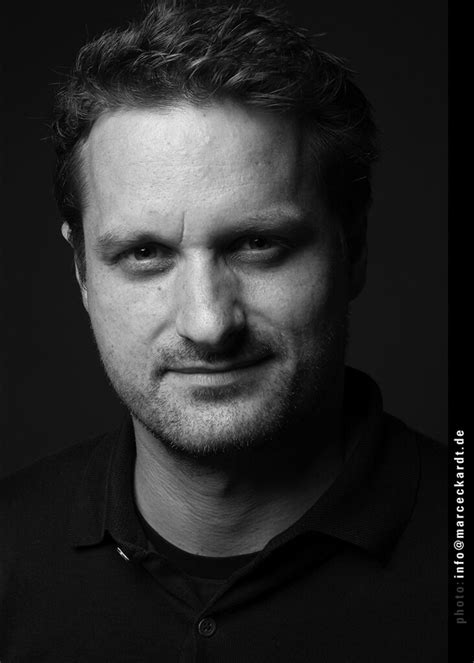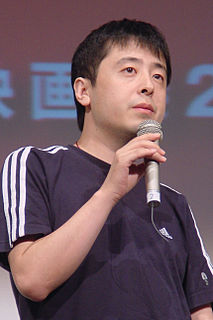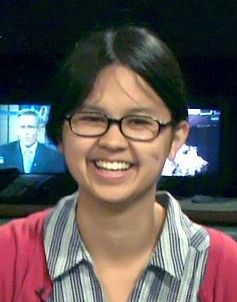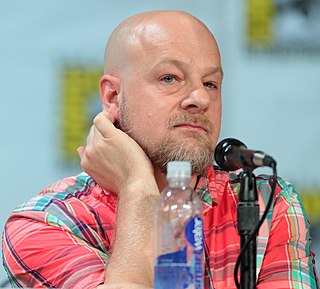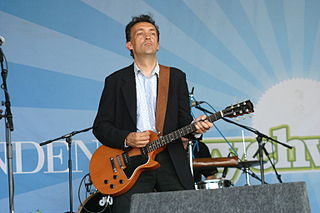A Quote by Jan Chipchase
What do you think is the world's most recognisable container of information? It's the human face. We are constantly reading each other and responding.
Quote Topics
Related Quotes
If we, on our most fundamental level, are packets of quantum energy constantly exchanging information with this heaving energy sea, it means that all of us connect with each other and the world at the level of the very undercoat of our being. It also means that we have the power to access much more information about the world than we realize.
I think previously, when fathers and sons argued with each other, they would still face each other and face each other's feelings, but now, the relationships between people has become much more abstracted. I think, actually, in China, the gulf that exists between the pre- and post-internet generations is more vast.
The human face is the most deeply ingrained image in our brains. It is the two dots and a dash we connect with as babies. It is the focus of our attention in our relationships with each other. The face and the human figure express all we are. Everything else - architecture, art, even landscape - we usually understand in relation to us.
The issue of climate change, it really does bring home the fact that we are on one planet, and that some of the impact of what human beings do in one corner of the world is going to affect people in a distant corner of the world. So we may still feel very far from each other, but we are really very close to each other because of the changes we have made with travel and technology and especially the information technology.
I grew up in this household where reading was the most noble thing you could do. When I was a teenager, we would have family dinners where we all sat there reading. It wasn't because we didn't like each other. We just liked reading. The person who made my reading list until my late teen years was my mom.
Healthy areas that are richest in information are those areas in the wild where we can get all the information that's available to us within our human hearing range. The most valuable information throughout human evolution has been faint sounds. We tend to think in our modern world that if it's loud, if it grabs our attention, it's important. We get a lot of that in advertising. But in nature, it's the faintest sound that's important; it has determined, in the past of our ancestors, perhaps, if they will live or die. Faint sounds are the earliest clues of newly arriving information.
Think of yourself as a container for wealth. If your container is small and your money is big, what's going to happen? You will lose it. Your container will overflow and the excess money will spill out all over the place. You simply cannot have more money than the container. Therefore you must grow to be a big container so you cannot only hold more wealth but also attract more wealth. The universe abhors a vacuum and if you have a very large money container, it will rush in to fill the space.
The human condition is what it is. We can see beauty and wonder in the world, but we also face imminent death and uncertainty, and we often need to sidestep the idea of time and communicate with each other, not with words but with a sense of community and union. I don't want to make an overreaching statement, but I think that's the function of culture.
